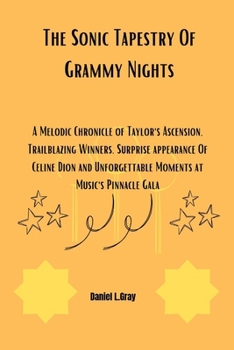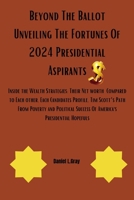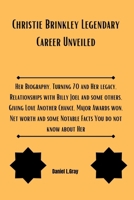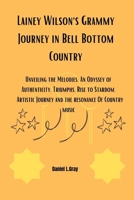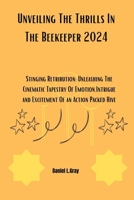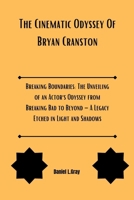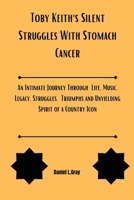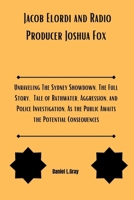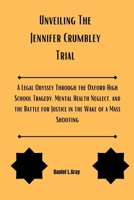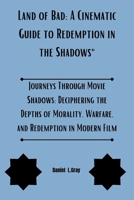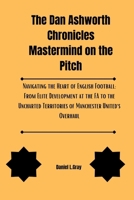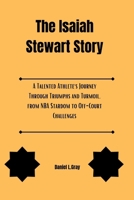The Sonic Tapestry Of Grammy Nights: A Melodic Chronicle of Taylor's Ascension, Trailblazing Winners, Surprise appearance Of Celine Dion and Unforgett
Select Format
Select Condition 
Book Overview
"Step into the mesmerizing world of music with 'Grammys Unveiled: A Melodic Tapestry.' This captivating book takes you behind the scenes of the Grammy Awards, revealing untold stories, backstage secrets, and defining moments that have shaped the world's most iconic music celebration. From Taylor Swift's triumphs to Burna Boy's Afro-fusion beats, discover the evolution of the Grammys and the profound impact it has on the music landscape. Immerse yourself in the symphonic tapestry of history and witness the magic, mystery, and enduring legacy of the Grammy Awards."
Call to action click on the buy button and grab your copy now
Call to action click on the buy button and grab your copy now
Format:Paperback
Language:English
ISBN:0312404085
ISBN13:9780312404086
Release Date:March 2004
Publisher:Bedford/St. Martin's
Length:567 Pages
Weight:1.64 lbs.
Dimensions:9.3" x 1.0" x 6.0"
More by Daniel L. Gray
Customer Reviews
5 customer ratings | 5 reviews
There are currently no reviews. Be the first to review this work.











